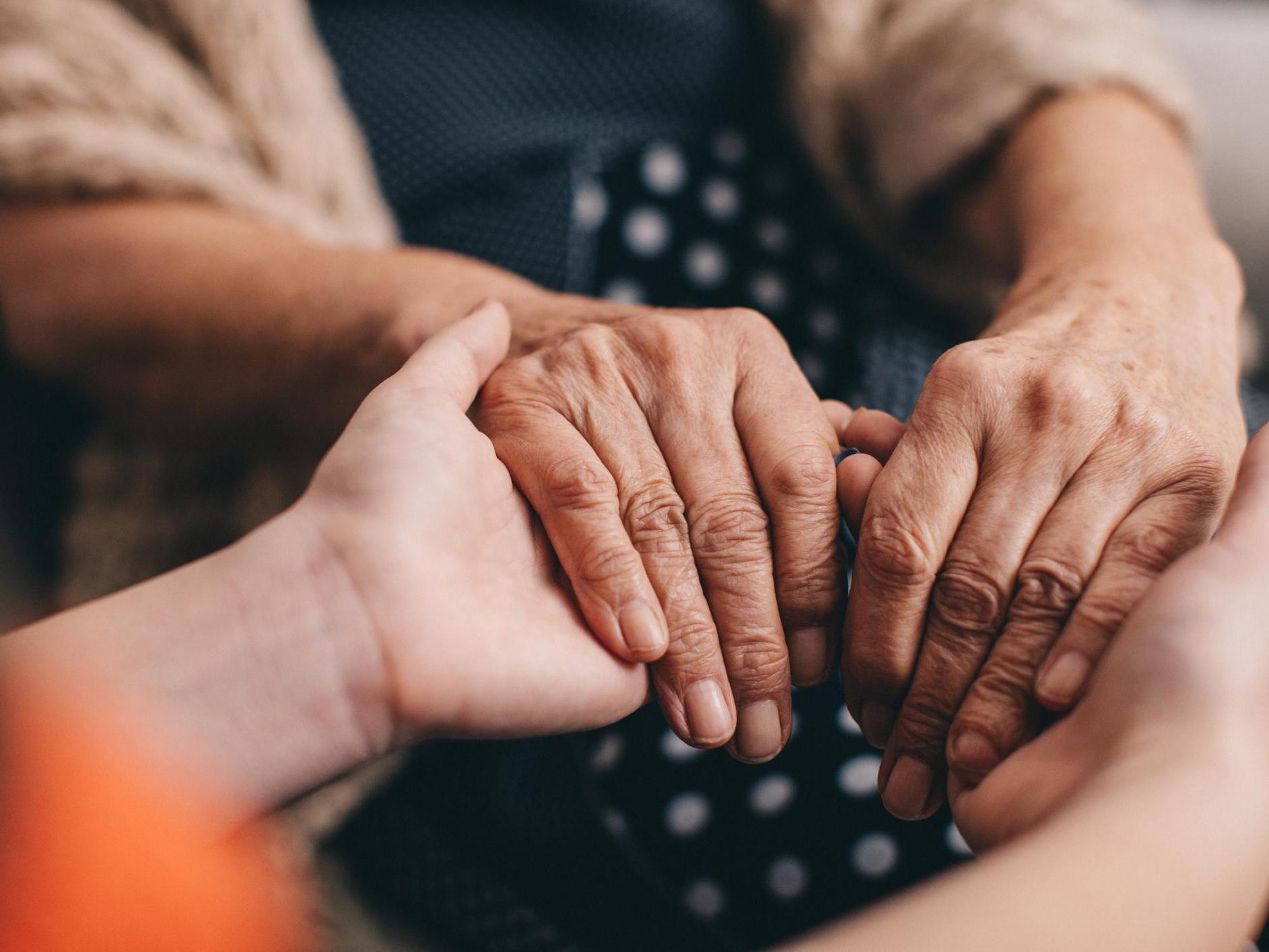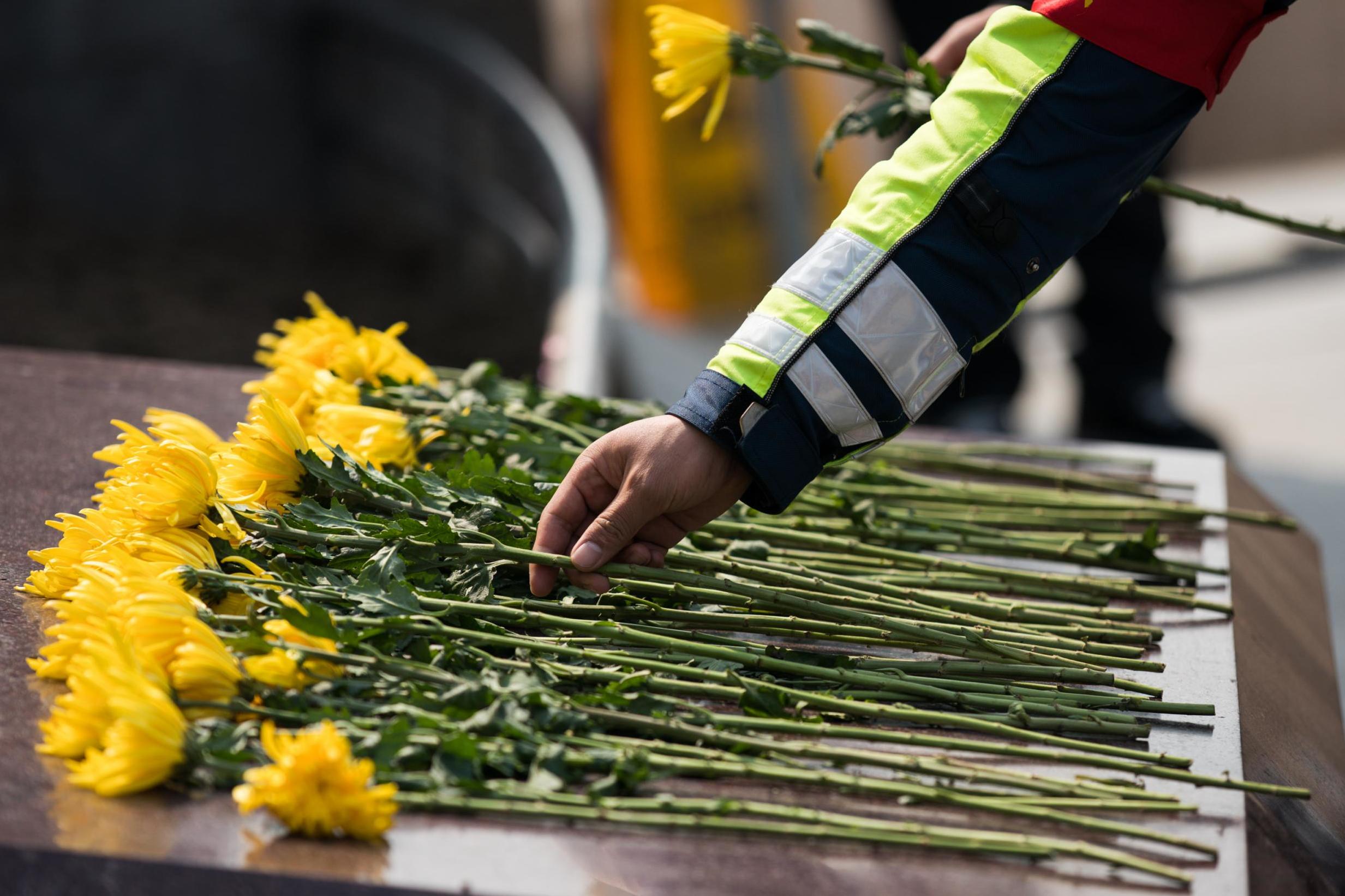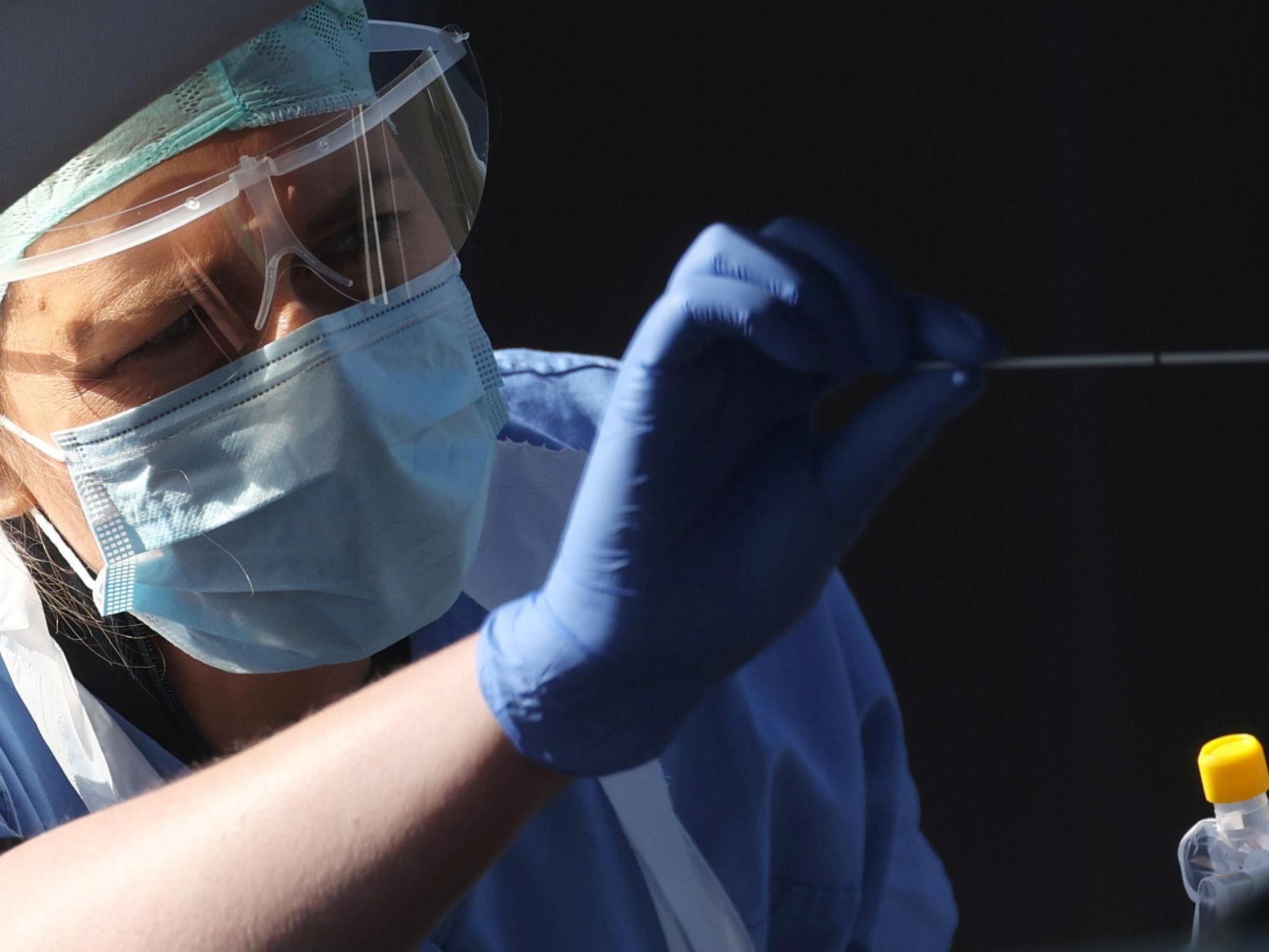Coronavirus: How do you prepare for the death of loved ones?
With resources for fighting Covid-19 in short supply, doctors are having to prioritise treating those who will benefit most. This is the best course of action, says ethicist Bobbie Farsides, but the emotional toll will be heavy


Easter has never held quite the same place in my heart since my father died on Easter Sunday in 2001, when I spent several days as a patient on an overstretched stroke ward in an understaffed district general hospital. Sadly, this Easter many people will share in my experience of losing a loved one, but for them the potential for ongoing trauma will be far greater. When consoling friends on the death of a parent, I have often observed that this is not a life event you can prepare for – but in the context of a pandemic, we need to try. We need to prepare for death as patients, loved ones and as healthcare professionals.
The UK’s response to Covid-19 has raised the issue of age in ways that have left many feeling insecure about their own fate or that of their loved ones. In the early days of the crisis the government “reassured” us by saying that most of us would be fine, as the virus would really only affect the elderly and those with underlying health conditions. We were then told that we needed to accept that lots of people would die, but again, that these people would mostly be elderly, the implication being that they would have enjoyed a “fair innings”. More recently, there has been news of attempts to categorise all residents of certain elderly care homes as not being eligible for resuscitation during the current crisis. A prominent social commentator has felt able to say loud and clear that spending money on saving older people at this time would “clearly” be inappropriate.
This is the background noise that will play in the minds of those who will lose much-loved spouses, siblings, parents, grandparents or friends this weekend if we reach the peak of the epidemic as predicted. People who have names and biographies – most of whom would value extra life as much as the next person, irrespective of their age or state of health – will die “before their time”. These people will be missed and mourned and will not have the death they hoped or planned for.

So how do we prepare for this? Perhaps the first step is to quieten down some of the background noise and the resulting fear and anxiety. It is undeniable the healthcare system is under great strain and that the threat from the virus is made worse by these pressures. Putting aside the issue of blame, we need to acknowledge that people are being treated in a context of scarcity the likes of which we have never experienced before. Without proper testing, the workforce is diminished. Without sufficient protection, the risk of infection in healthcare settings remains. Without sufficient ventilators, difficult choices will need to be made.
The British Medical Association (BMA) issued guidance at the start of April that many have found hard to read, and which some have seen as an extension of the ageist attitudes mentioned above. Having played a small part in the preparation of this document, I regret that this is the case. We face extraordinary times in which teams of clinicians will have to find a way to make the best use of the skills and resources they have. As the doctors’ trade union, the BMA is attempting to support its membership in this gruelling task. Doctors are preparing to operate in what was previously a textbook worst-case scenario, and as a bioethicist, I understand only too well the huge moral responsibilities they will face.
It is true the guidance does not shrink from discussing how a patient’s age might be relevant in the weeks to come, but it does not rely on a discriminatory preference for the young over the old or the previously fit over the sick and disabled. Instead it attempts to establish if, when and how the age of a patient is morally relevant to a treatment decision.
In a situation of extreme scarcity, every decision to treat someone means that someone else will not be treated
We now know that we will almost inevitably reach the point in this pandemic where it is no longer enough to ask “Does this patient need to be treated?” We will also need to ask “Is this patient highly likely to benefit from this treatment?” This is because, in a situation of extreme scarcity, every decision to treat someone means that someone else will not be treated. Where the patient’s specific clinical circumstances make the probability of benefit low, this can be a reason to allocate resources to another patient instead. The patient who instead receives the treatment could be the same age or older; something about their personal clinical profile when assessed will reveal their chance of benefiting as being higher, high enough to make treatment a good option.
It is right at this stage to acknowledge the probability that older people will be more likely to suffer from underlying conditions, general frailty, etc. And making these clinical factors decisive in resource-allocation decisions in a clinical setting could (and probably will) lead to fewer elderly patients being treated. This could lead to the belief that younger people have been treated preferentially and that older people have been discriminated against. This is not the case, but the moral distress this misapprehension causes must be taken seriously.
Doctors cannot offer the optimum life-saving treatment to all patients
One way to protect against this distress is to ask people to reflect in advance upon the difficult decisions doctors are facing. Doctors are still committed to doing the best job for all patients. However, the pandemic requires them to confront the facts: they cannot offer the optimum life-saving treatment to all patients, and trying to do so where the odds are stacked against success has very serious consequences. If all patients could be given optimum treatment they would be, but in the absence of being able to do this, a just and fair process of allocation is crucially important. Given the huge number of patients involved, any version of “first come, first served” is unworkable, even if one wanted to defend it ethically; a triage approach based on transparent criteria seems preferable to alternatives

I am someone who would probably not do well if I got the worst symptoms of this virus. I have suffered from asthma for much of my life and I’m on the edge of being elderly, as hard as that is for me to believe or accept. I completely understand these factors would be considered if my ultra-cautious self-isolating measures fail and I find myself in hospital next weekend. I don’t like the thought – I’m certainly not ready to die – but being aware of my position in the scheme of things has allowed me to make choices about the risks I will and will not take at present. It has also allowed me to reflect upon and have realistic expectations about what could happen if I fall ill. In preparing for Easter, my next task will be moving my family towards a better understanding of the current situation, the implications thereof, and my wishes should I become seriously unwell.
Far from feeling discriminated against or unfairly treated, I feel sad that this is hanging over me and so many other people. I also feel very privileged that I can take steps to protect myself and prepare for what might happen. Of course, I worry for my children, who would always feel they had lost me too soon, and for my husband, who would never want to think I was resigned to leaving him (which I’m not). I also think about the colleagues in my local hospital who might have to make a difficult decision to withhold or withdraw treatment from me – someone they know, someone who they know loves life, someone they have worked with and socialised with over the years, but someone who on this occasion they cannot prioritise for treatment.
A big part of what I’ve been doing for the past weeks is motivated by a wish to protect my family, friends and colleagues from this eventuality, but I have only been able to make the choices I have because of my privilege in life and my understanding of the situation at hand. Preparing for Easter this year has involved facing the worst possibility for me and the current reality for my colleagues. If I end up in hospital, I want my colleagues to know that I understand the constraints under which they are operating, and I know they will do their very best to care for me, even if they cannot attempt to save me. I know it will be hard for them, and for that reason it is important that they know I trust them, and I commend their courage.
Bobbie Farsides is a professor of clinical and biomedical ethics at Brighton and Sussex Medical School and member of the British Medical Association’s Medical Ethics Committee
Join our commenting forum
Join thought-provoking conversations, follow other Independent readers and see their replies
Comments